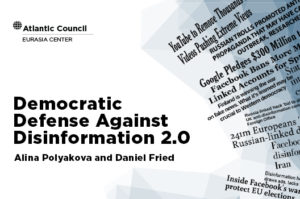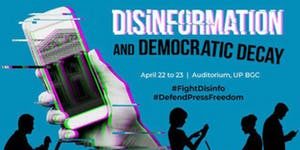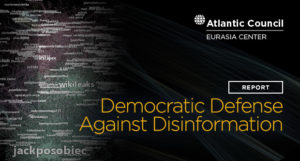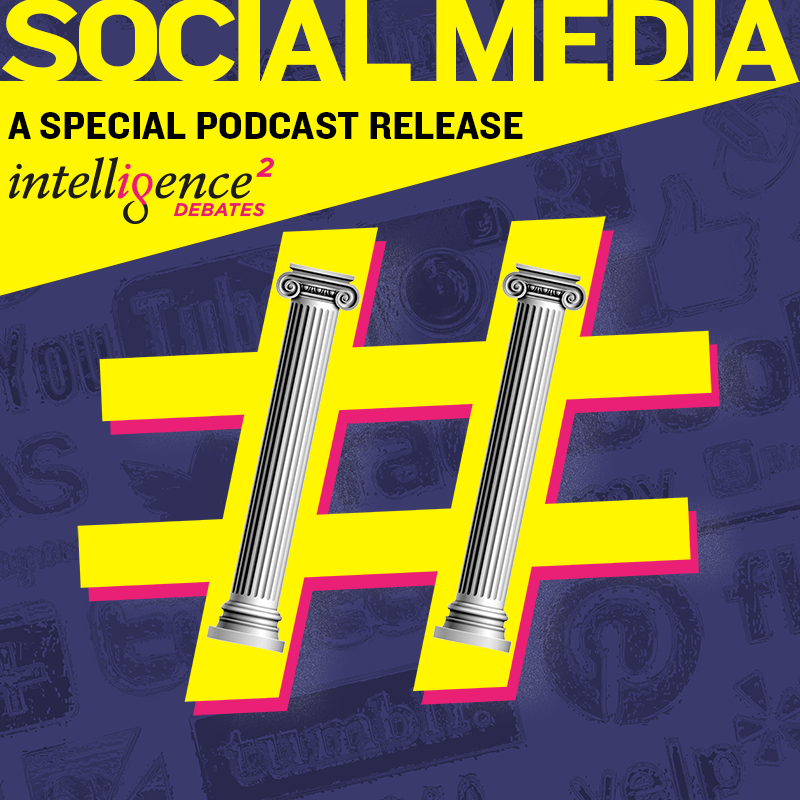Russian online outlets spread disinformation to sway voters in last month’s European Union elections, the bloc said on Friday in a report calling for social media firms to take greater action or risk regulation, The New York Times reports:
The preliminary review of the European Parliament elections said there was evidence that both Russian and European online sources had sought to promote extreme views and polarize debate on divisive issues like migration and religion….The EU report said some 1,000 cases were detected by a dedicated task force, whose staff was more than doubled to sixteen ahead of the vote. The unit monitors and fact-checks foreign news outlets but is not equipped with the tools of an intelligence agency to investigate cyber campaigns.
“The evidence collected revealed a continued and sustained disinformation activity by Russian sources aiming to suppress turnout and influence voter preferences,” the report said. The EU’s joint Communication sets out how the Action Plan against Disinformation and Elections Package helped to fight disinformation and preserve the integrity of the European Parliament elections.
“There was a consistent trend of malicious actors using disinformation to promote extreme views and polarize local debates, including through unfounded attacks on the EU,” the review added. 
How damaging is disinformation in a democracy? How to recognize it? What can be done to tackle it? Hear from the experts (above) on the EU’s action plan against disinformation.
But government on the industrial-era model—slow and susceptible to regulatory capture—can’t be the answer to twenty-first century big tech, a leading analyst contends.
Instead, a new independent expert agency would push against the tendencies of the network toward centralized control, instead promoting transparency, decentralized citizen control, and privacy—the very values the Internet originally promised to enhance, says Karen Kornbluh, senior fellow for digital policy at the Council on Foreign Relations and former U.S. Ambassador to the Organization for Economic Cooperation and Development. As think tank Public Knowledge proposed, a new agency would gain and share expertise with other agencies across the government in emerging technologies such as artificial intelligence—shaping their design and use with a focus on supporting democratic values, she writes for Democracy: A Journal of Ideas:
 A new Digital Democracy Agency would emulate the process design of the Consumer Financial Protection Bureau in operating with open data and open procedures, and would use evidence-based methods devised through work with experts and its own research, conduct citizen/user education, enforce laws, and conduct rulemakings. It would continually evaluate its rules—borrowing from software design’s agile development concepts and lean enterprise principles. Like the FTC and the Federal Communications Commission (FCC), it would be independent of the Executive. Indeed, the agency itself might be situated within the FTC if that agency’s organic statute were changed. The main thing is that we need a new policy shop with new tools.
A new Digital Democracy Agency would emulate the process design of the Consumer Financial Protection Bureau in operating with open data and open procedures, and would use evidence-based methods devised through work with experts and its own research, conduct citizen/user education, enforce laws, and conduct rulemakings. It would continually evaluate its rules—borrowing from software design’s agile development concepts and lean enterprise principles. Like the FTC and the Federal Communications Commission (FCC), it would be independent of the Executive. Indeed, the agency itself might be situated within the FTC if that agency’s organic statute were changed. The main thing is that we need a new policy shop with new tools.
 Foreign interference in democratic elections has put disinformation at the forefront of policy in Europe and the United States, notes a new Atlantic Council report, Democratic Defense Against Disinformation 2.0. The report’s authors, Alina Polyakova and National Endowment for Democracy board member Daniel Fried, assess how governments, international institutions, civil-society groups, and the private sector have addressed the disinformation challenge.
Foreign interference in democratic elections has put disinformation at the forefront of policy in Europe and the United States, notes a new Atlantic Council report, Democratic Defense Against Disinformation 2.0. The report’s authors, Alina Polyakova and National Endowment for Democracy board member Daniel Fried, assess how governments, international institutions, civil-society groups, and the private sector have addressed the disinformation challenge.
“As democracies have responded, our adversaries have adapted and evolved,” the report observes. “As the speed and efficiency of influence operations increase, democratic societies need to further invest in resilience and resistance to win the new information war.”
A decade ago, Facebook and Twitter promised a digital revolution that would bolster democratic values and empower users around the world. Did that work out? In this episode, Intelligence Squared takes a look back at one of our most important debates to date. Join four leading thinkers in tech, policy, and media for spirited and timely debate on the motion, “Social Media Is Good For Democracy.” LISTEN NOW >








